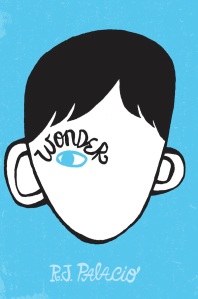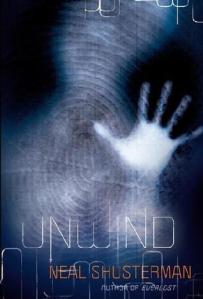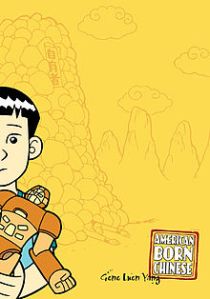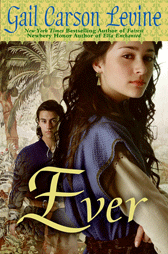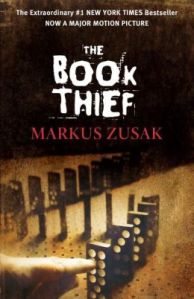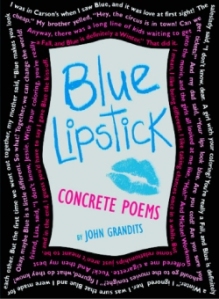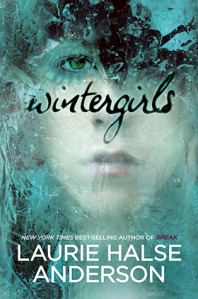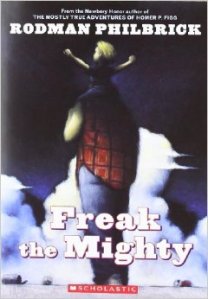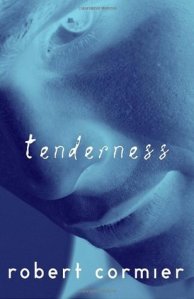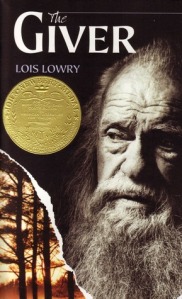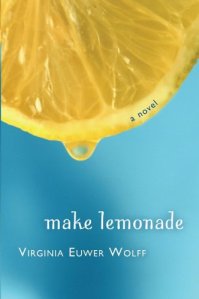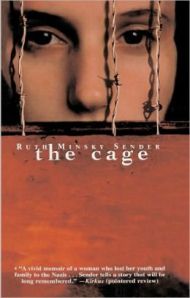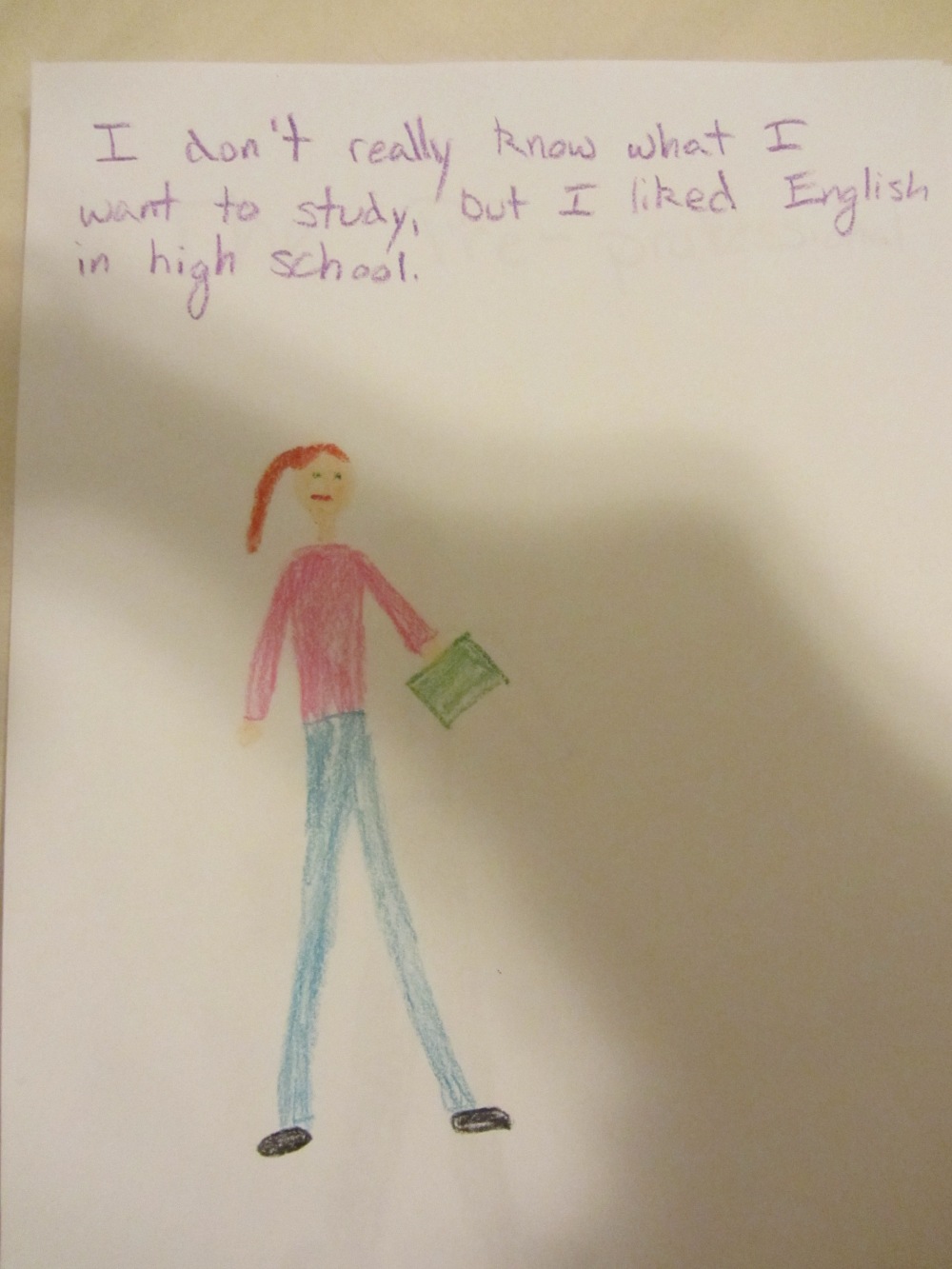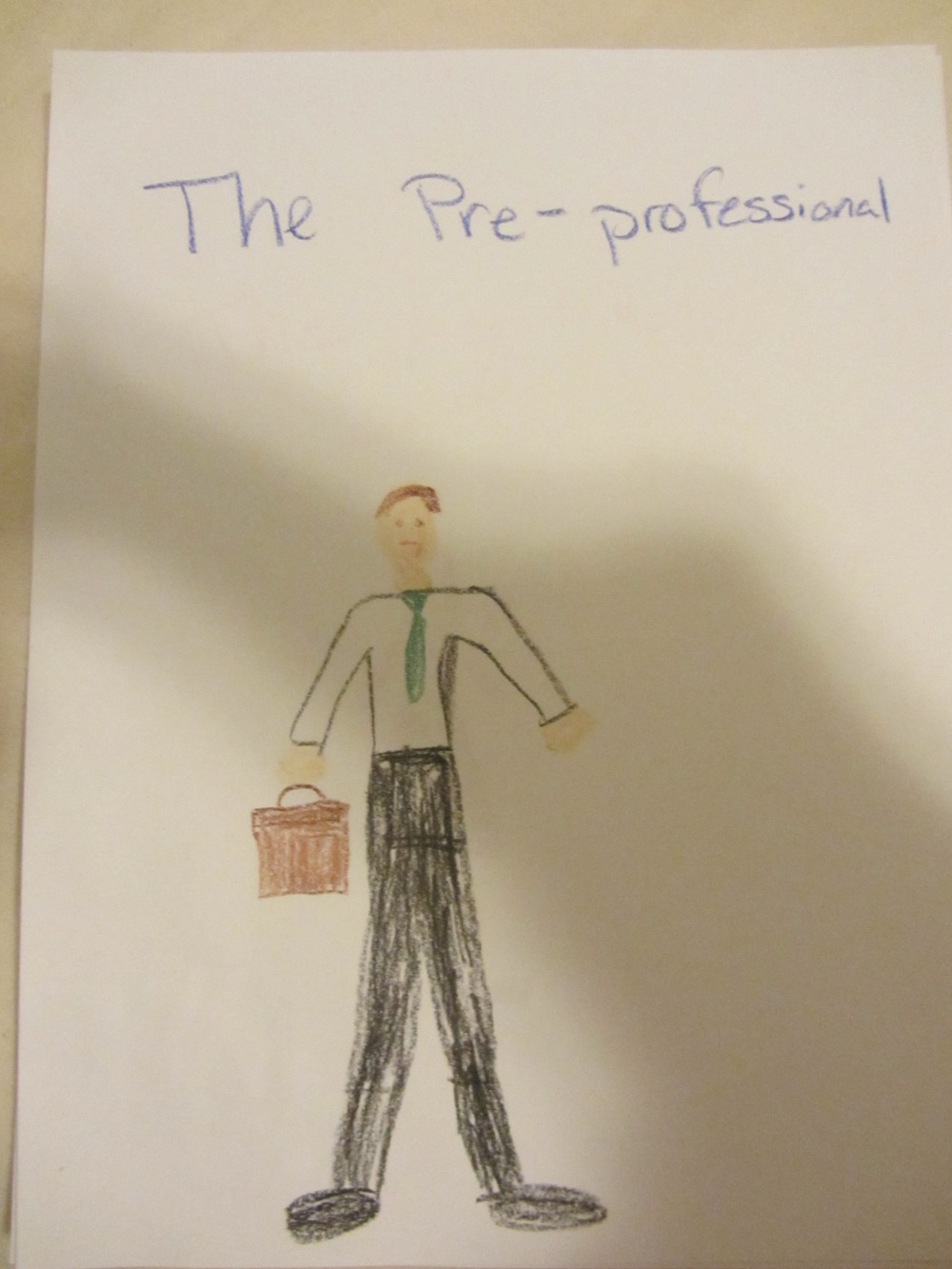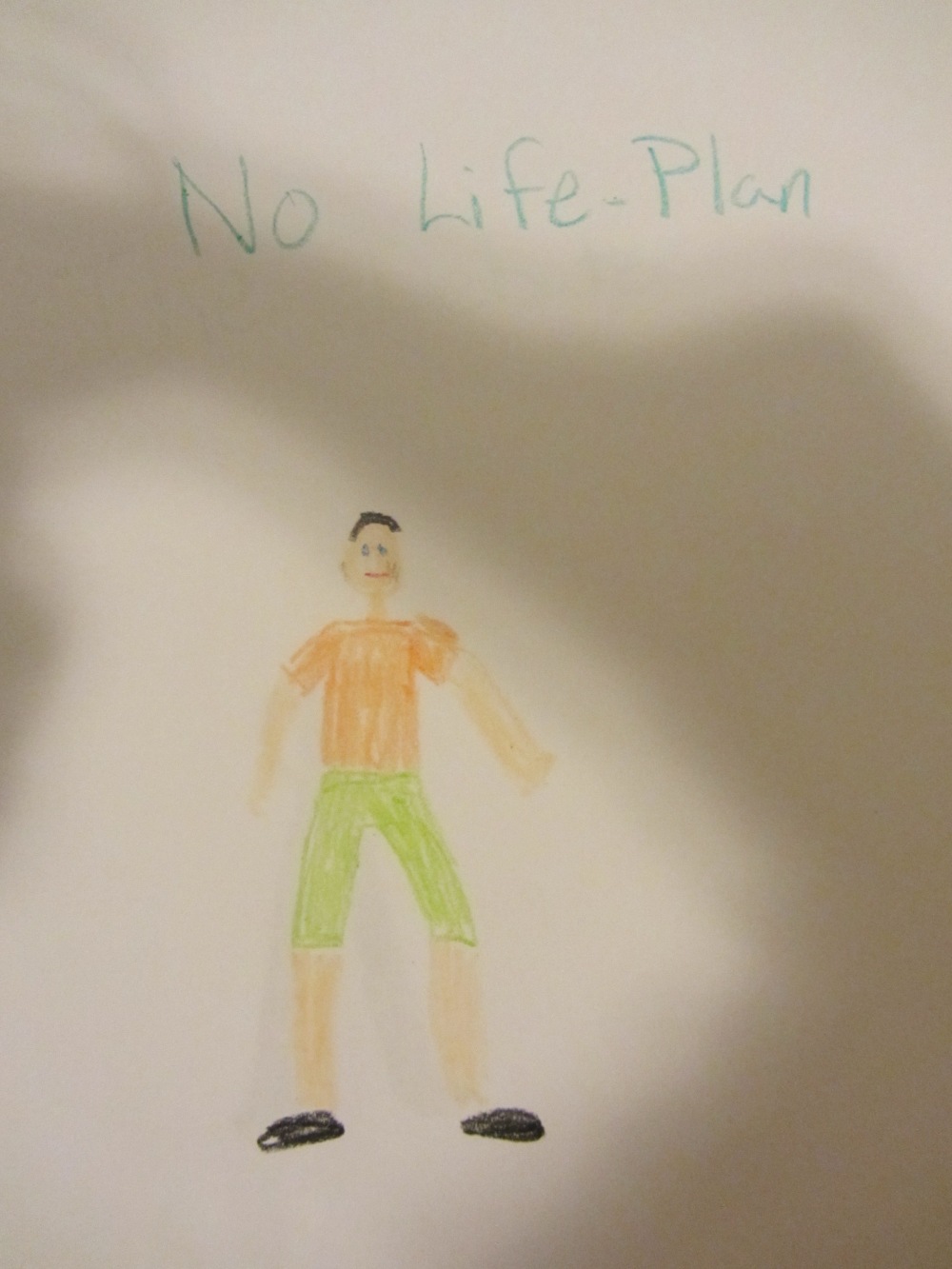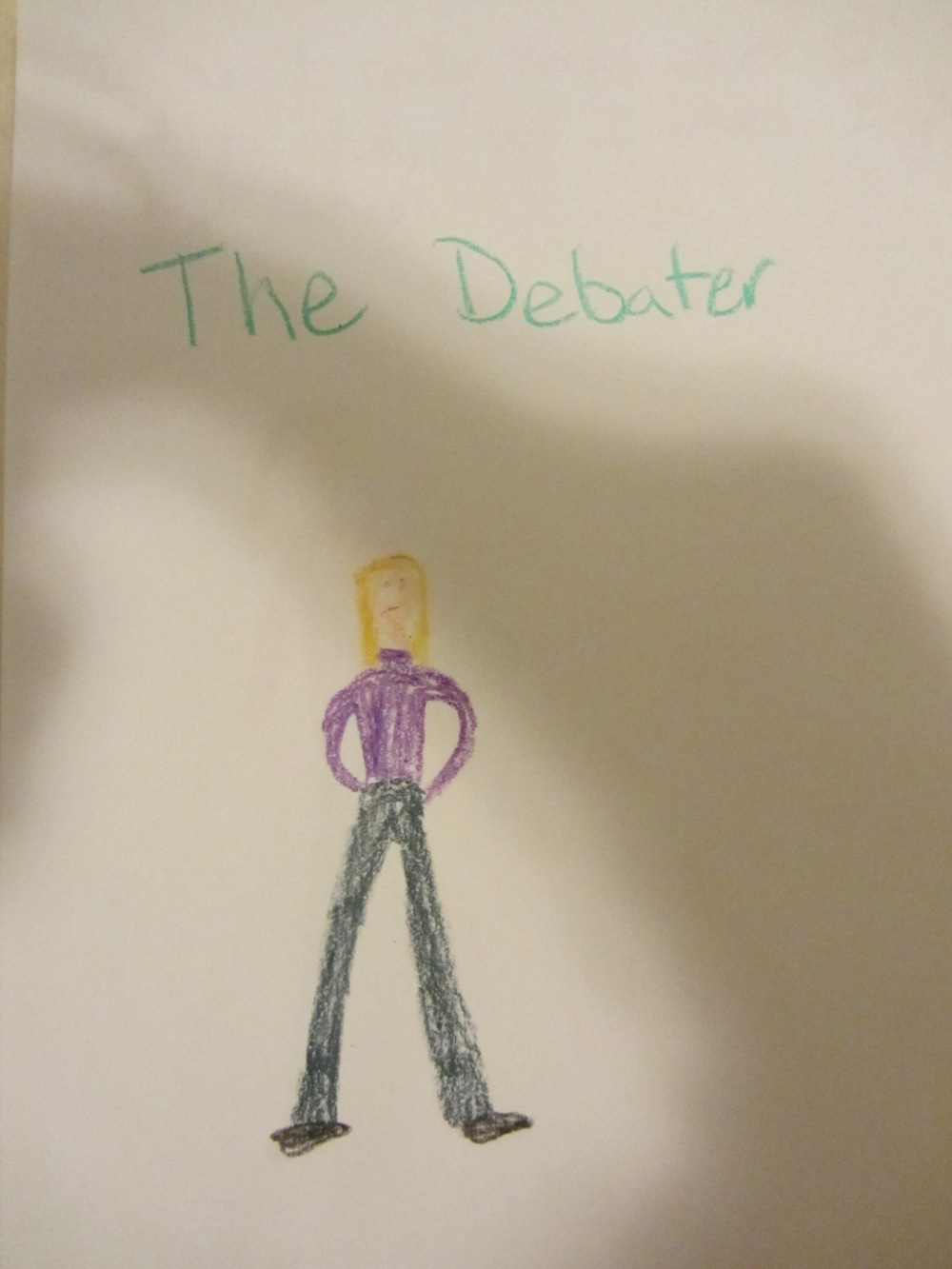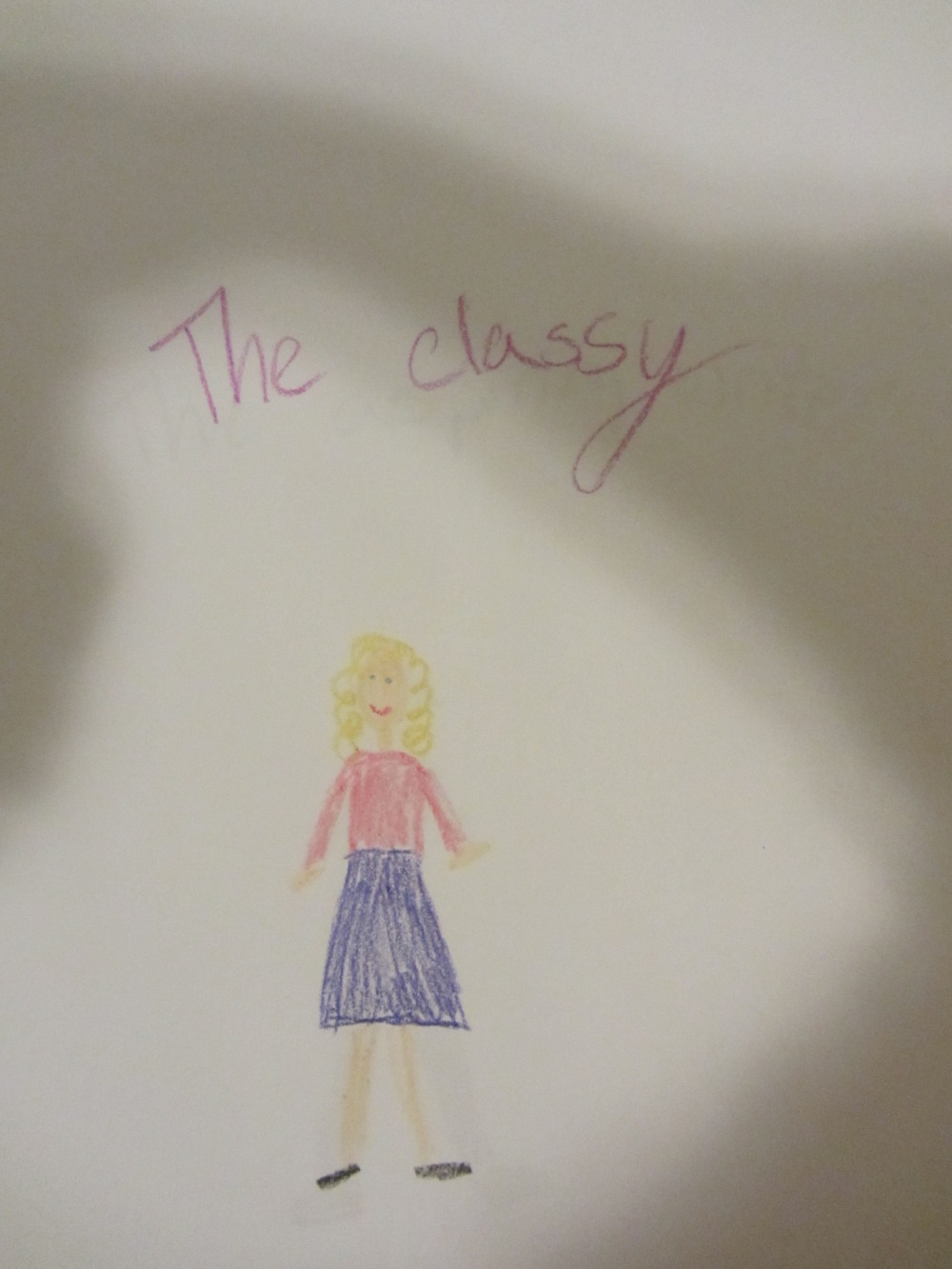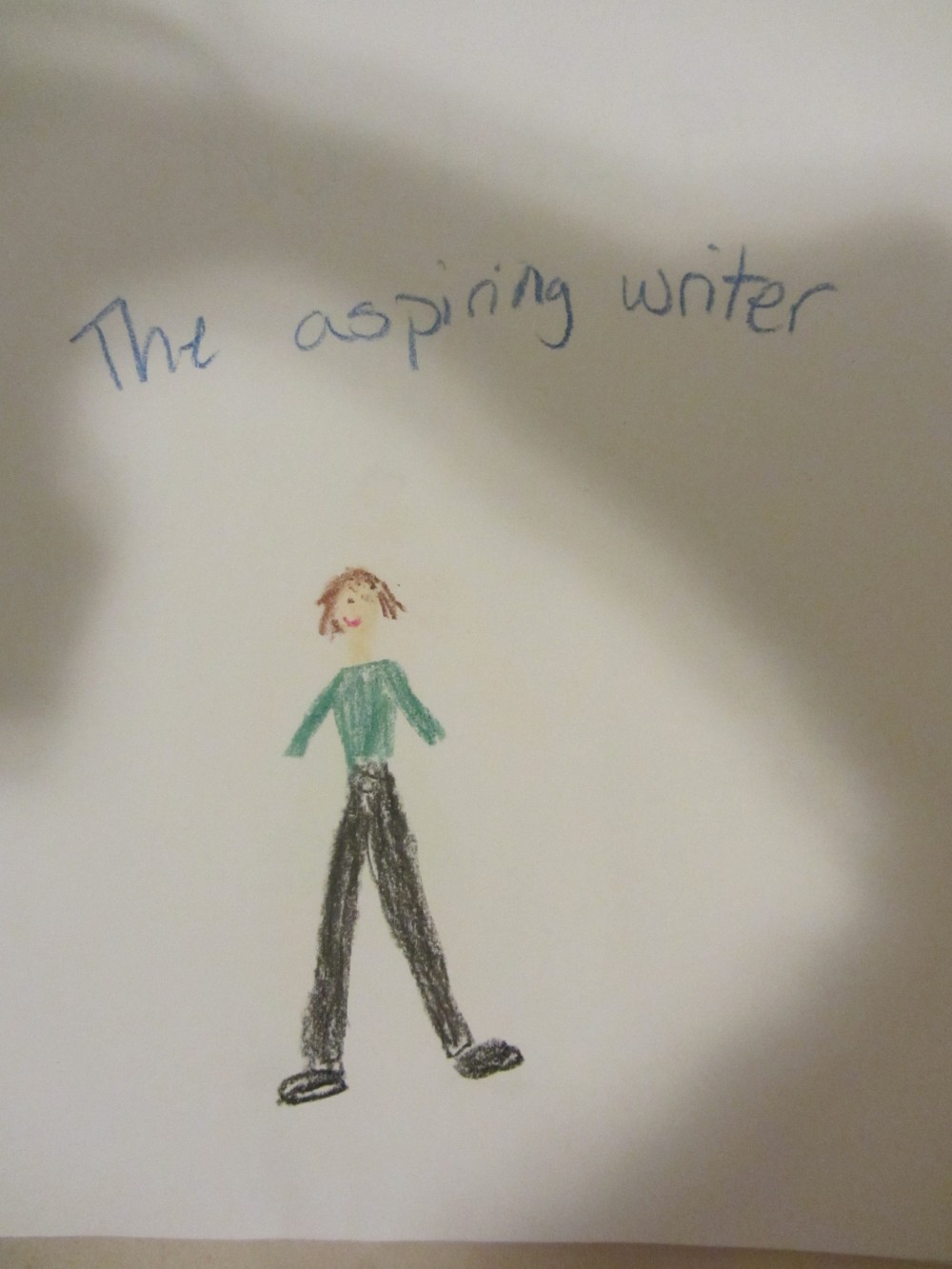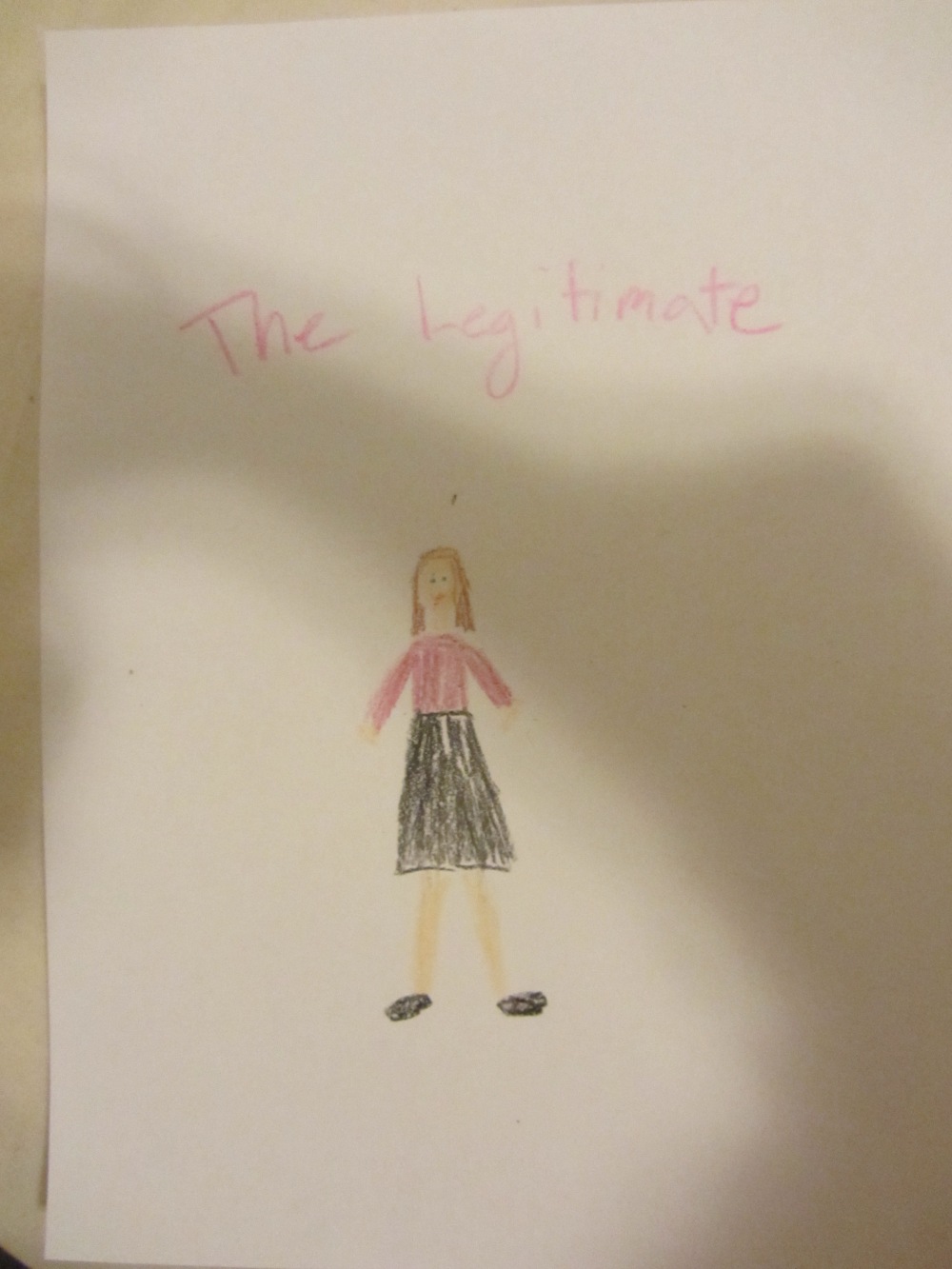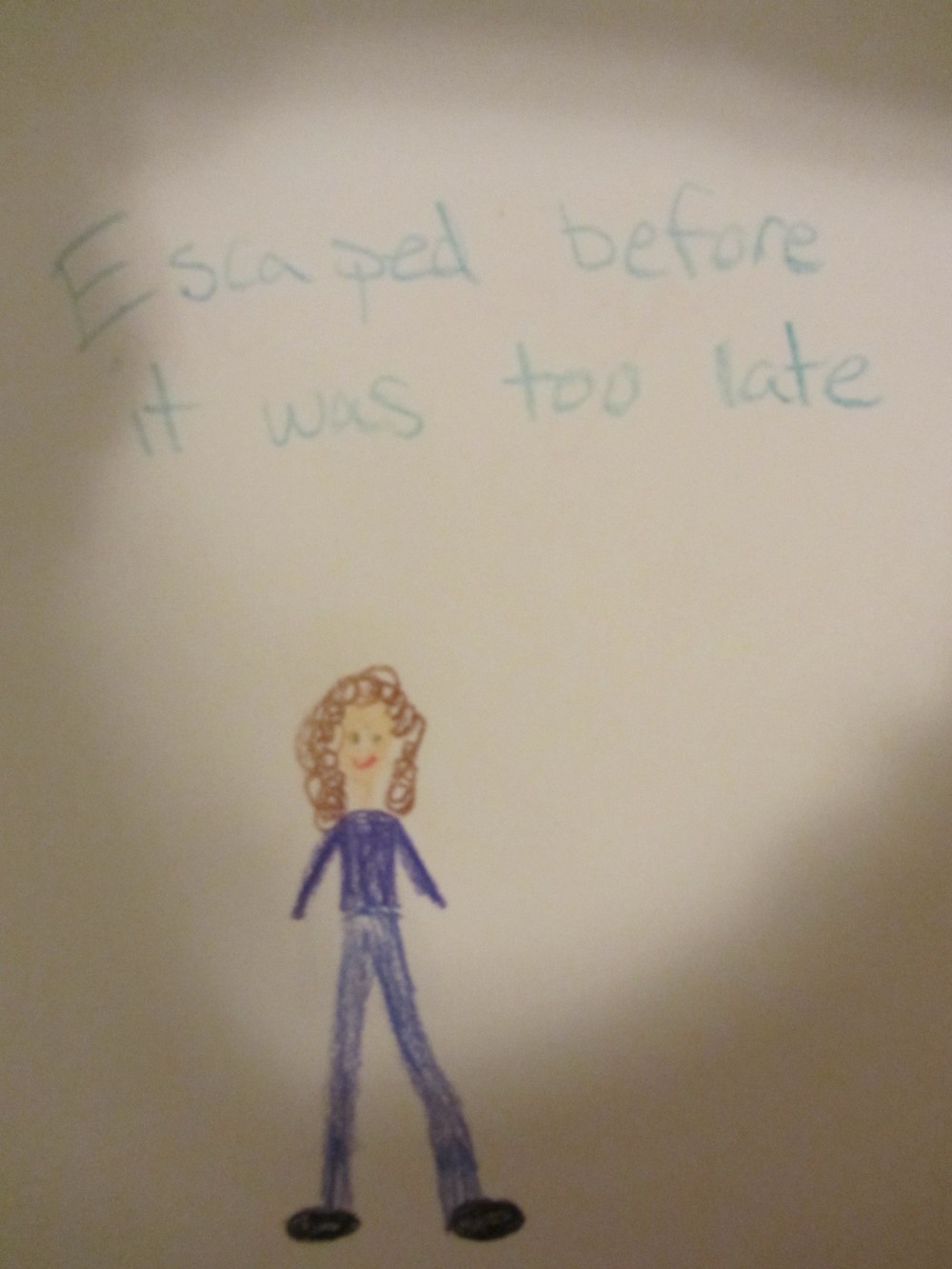12 Books for Young Readers that Made Me Think
The online reading/writing community has been in a bit of a buzz since the publication of an article stating that adults should be ashamed to read books for teens and children. As somebody who wrote an undergrad thesis on the importance of the YA genre (both for teens and adults) I am also, understandably, a little annoyed by this mentality.
However, a lot of wonderful posts have already addressed the issue in very eloquent terms. So I instead am just going to give a list of some of the books for young readers (YA mostly, but a few middle grade) that influenced me.
1. Wonder by J.R. Palacio
I read this one for my mom’s book club. It’s about a boy with a misshapen face starting his first year at school. The book contains several viewpoints, so the reader sees the struggles not just of the boy but those close to him as well.
2. Unwind by Neal Shusterman
This book is simultaneously chilling and thought provoking. It asks big questions about how we confront the unknown and how to deal with people who see things differently than we do.
3. American Born Chinese by Gene Luen Yang
Not only is this book written for teens, it’s also written as a graphic novel. A double whammy as far as literary quality goes, right? Wrong. Yang uses the graphics to express things that I just can’t see working as well with only words. This book is for anyone who has a side to themselves they’re embarrassed about.
4. Ever by Gail Carson Levine
I picked this book up expecting a fairy tale. I also found a beautiful story about faith and believing in things we can’t see.
5. The Book Thief by Markus Zusak
I just don’t have words for how I feel about this book.
6. Blue Lipstick by John Grandits
This is a book of concrete poems, some silly, some profound, and all relatable.
7. Wintergirls by Laurie Halse Anderson
If I had one word to describe this book, I would say chilling. Anderson chronicles the life of a girl with anorexia.
8. Freak the Mighty by Rodman Philbrick
I can count on one hand the number of books that made me cry. This is one of them.
9. Tenderness by Robert Cormier
I mentioned that Wintergirls was chilling. Tenderness is worse. It’s probably the most disturbing book I’ve ever read. And I loved it.
10. The Giver by Lois Lowry
A lot of critics are saying that dystopia has been overdone in YA, but I still love it. And for me it started with this book. Dystopic stories allow us to ask questions about what society is and how it should be. It allows us to wonder what we as humans are capable of.
11. Make Lemonade by Virginia Euwer Wolff
One of my favorite novels in verse. For me, it was an insight into a world I knew nothing about.
12. The Cage by Ruth Minsky Sender
There are a lot of Holocaust stories, but this one is my favorite.
This was going to be a list of 10 books, but it has turned into 12. There are more I could include. YA can in fact be quite thought provoking.
So take that online, YA-bashing article!
